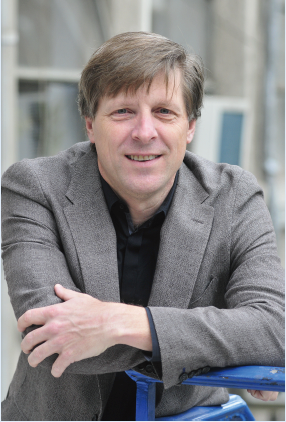Departments of Biochemistry and Physiology, National University Singapore Centre for Healthy Ageing, National University Health System, Singapore Buck Institute for Research on Aging,
Novato, CA, USA
时 间: 2019年4月17日(周三)下午 4:00
地 点:北京航空航天大学逸夫教学楼 317
主持人:常凌乾教授

Biography:Prof. Brian Kennedy is internationally recognized for
his research in the basic biology of aging and as a visionary committed to translating research discoveries into new ways
of delaying, detecting, and preventing human aging and associated diseases. He is a Professor in the Departments of Biochemistry and Physiology at National University Singapore and Director of the Centre for Healthy Ageing in the National University Health System. From 2010 to 2016 he was the
President and CEO of the Buck Institute for Research on Aging. Currently he remains as a Professor at the Institute. Dr. Kennedy also has an adjunct appointment at the USC Davis School of
Gerontology. Dr. Kennedy is also actively involved Biotechnology companies, serving in consulting and Board capacities, as well as Scientific Director of Affirmativ Health. Dr. Kennedy also serves as a Co-Editor-In-Chief at Aging Cell.
Abstract:There is a growing sense that a holistic understanding of ageing biology may be achievable. This would represent a tremendous advance in our collective
biological understanding and afford opportunities for novel interventions to enhance human healthspan. Ageing is the biggest risk factor for the major chronic diseases growing in prominence. These include cardiovascular and neurodegenerative diseases, diabetes and cancer. If ageing can be slowed, the effect would be simultaneous protection from many of the chronic diseases. One strategy is to use animal model organisms to find
common pathways that modulate ageing and then to seek methods for their manipulation in humans. The TOR pathway is one point of convergence and a clinically approved drug targeting the TOR kinase, rapamycin, extends murine lifespan and healthspan.
Many more small molecules are being added to the list of anti-ageing compounds. Here, I will summarize the ageing field and use examples to conceptualize how agents extending healthspan might be developed to improve human health. We are now entering a stage in aging research where it is imperative to test ageing interventions in humans. The potential to directly impact human healthspan is emerging from ageing research and this approach, if successful, will have global impact.
.
